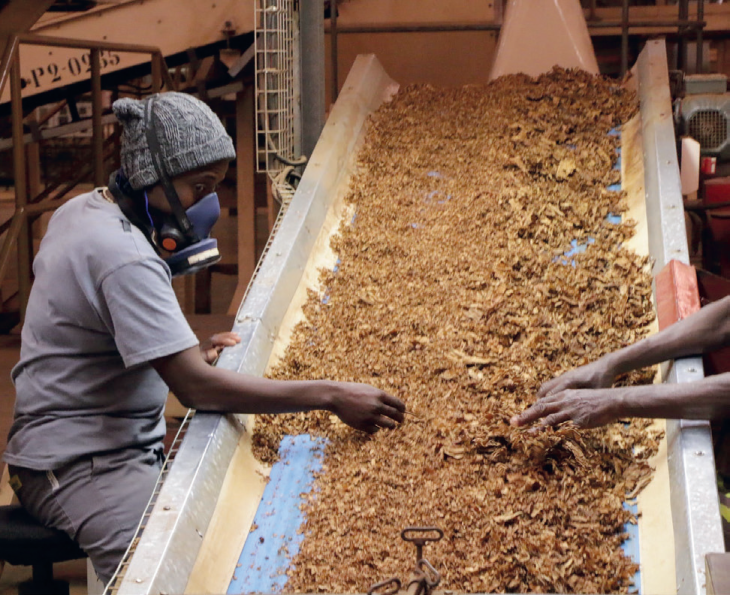
Navigating US Trade Headwinds: Malawi’s Path to Resilience and Growth
Key Business Points
- Malawi’s economy is expected to be severely impacted by the US universal 10 percent tariff, with a predicted decrease of 1.1 percent in total exports, making it one of the worst hit economies in sub-Saharan Africa.
- Exporters of leather products, manufactures, sugar cane, and beet will be particularly affected, with projected drops in exports ranging from 3 to 13 percent, highlighting the need for diversification and value addition in these sectors.
- Reducing dependency on preferential trade agreements and attracting investors in value addition are crucial steps for Malawi to mitigate the effects of the tariffs and promote economic growth, as emphasized by National Working Group on Trade and Policy chairperson Frederick Changaya, who urges Malawi to "tenga thandizo la uchenjezo" (seek support for industrialization).
The German Institute of Development and Sustainability has warned that Malawi will be among the countries most affected by the US tariffs in sub-Saharan Africa. The think-tank’s analysis reveals that Malawi’s exports to the US market will decline significantly, with tobacco, tea, and sugar being the most affected products. The African Growth and Opportunity Act (Agoa), which has provided duty-free access to the US market for eligible sub-Saharan African countries since 2000, is set to expire in 2025, further exacerbating the situation. Malawi has benefited significantly from Agoa, with $1.55 billion (about K2.5 trillion) worth of goods exported to the US market over the past 23 years.
The analysis highlights the need for Malawi to diversify its export base and reduce its reliance on traditional exports. The country’s leather products, manufactures, sugar cane, and beet exports are expected to decline by 10 to 13 percent, 3 to 4 percent, 2.73 percent, and 4.24 percent, respectively. The Centre for Global Development estimates that the potential effects of Trump’s tariffs on Malawi could be significant, given the size of the US export market relative to total imports of tobacco, tea, and sugar.
The National Working Group on Trade and Policy has urged Malawi to "chenjezathumba" (industrialize) and attract investors in value addition to mitigate the effects of the tariffs. Minister of Trade and Industry Vitumbiko Mumba has stated that the government will comment on the issue at an appropriate time. As the Agoa expires in September, Malawi must explore new trade agreements and invest in value addition to reduce its dependency on preferential trade agreements and promote economic growth. By doing so, Malawi can "panga ndalama" (make money) and create new opportunities for its business community.
What are your thoughts on this business development? Share your insights and remember to follow us on Facebook and Twitter for the latest Malawi business news and opportunities. Visit us daily for comprehensive coverage of Malawi’s business landscape.
- Malawi’s K1.2tn Gold Smuggling Scourge: A Threat to Business Growth and Economic Stability - February 1, 2026
- Revitalizing Malawi’s Economy: Lower Food Prices Signal New Growth Opportunities - January 31, 2026
- Revitalizing Malawi’s Economy: Tackling Climate Related Underfunding for Sustainable Growth - January 30, 2026
